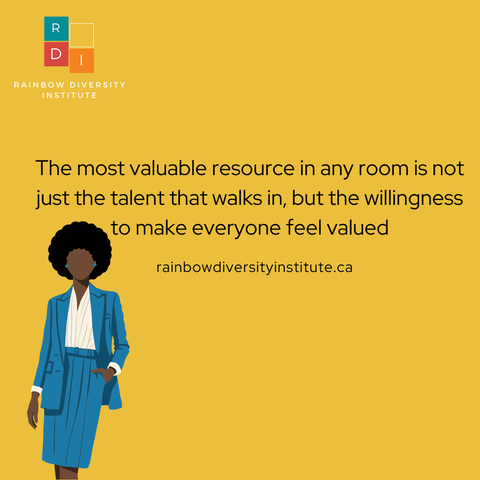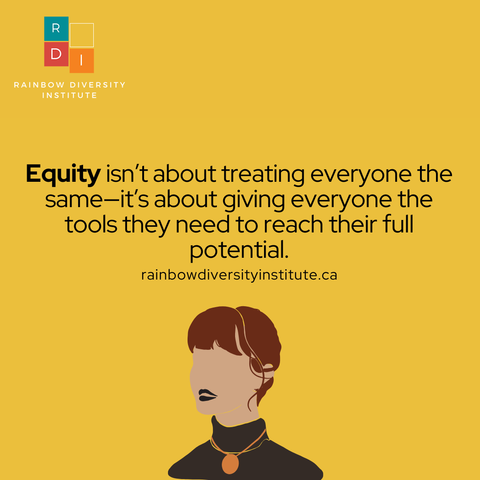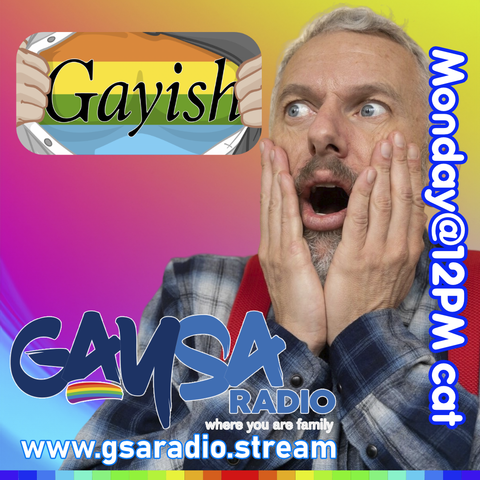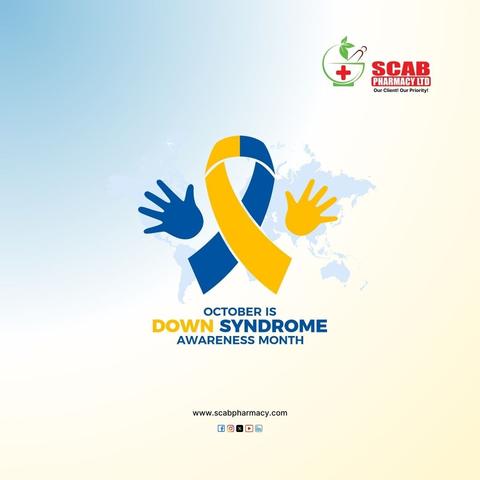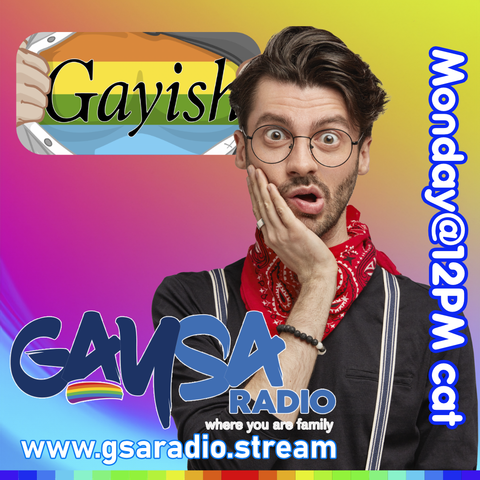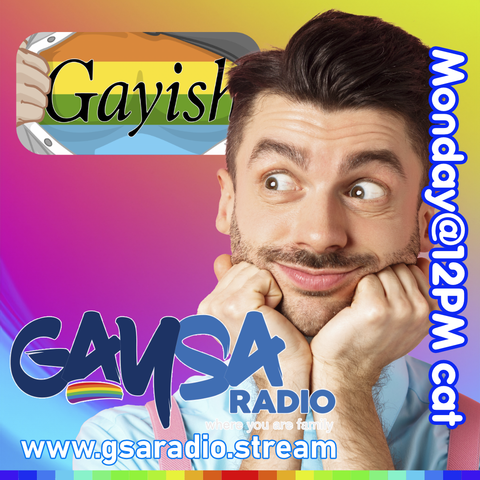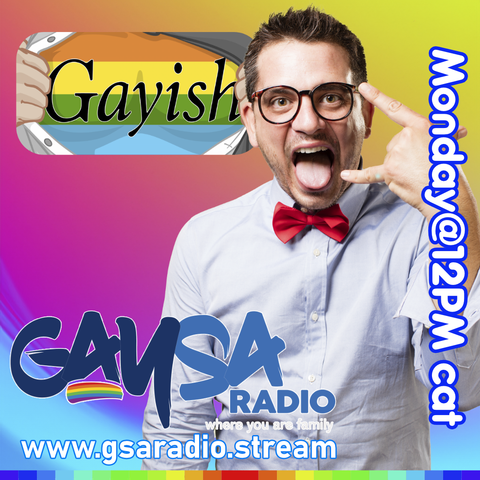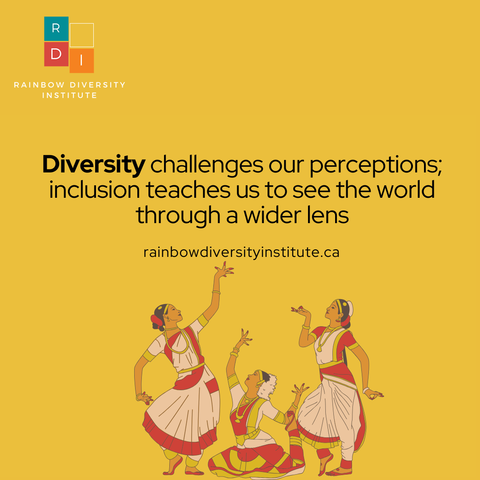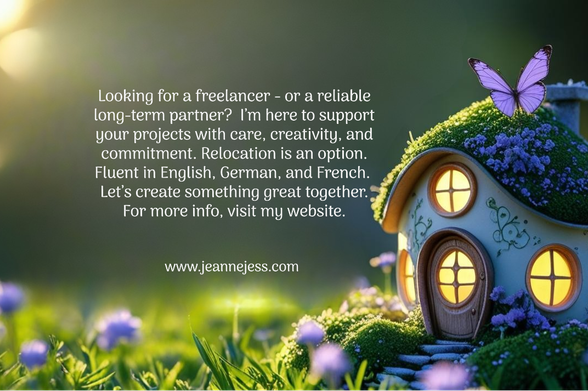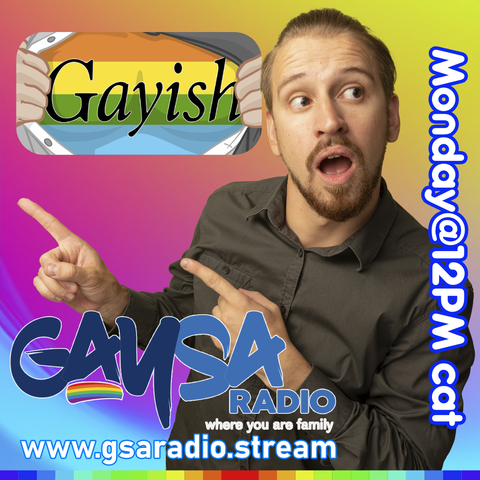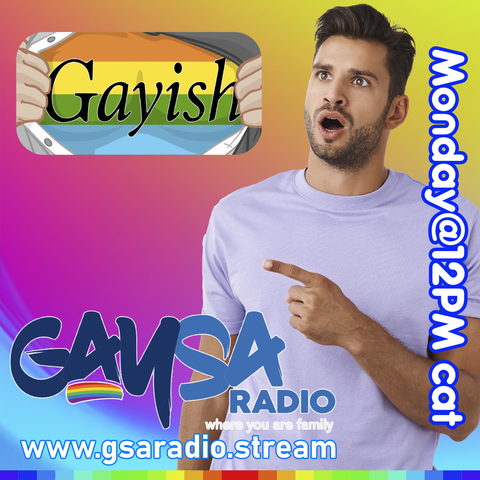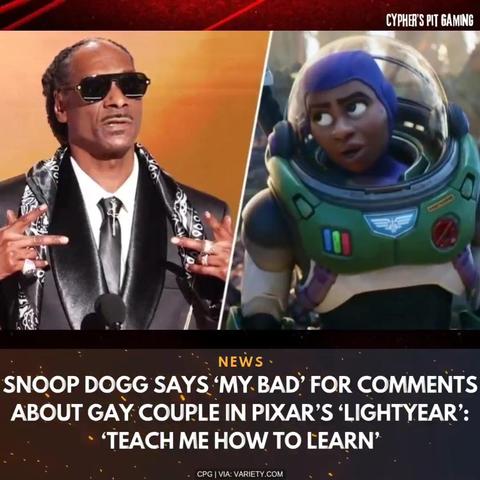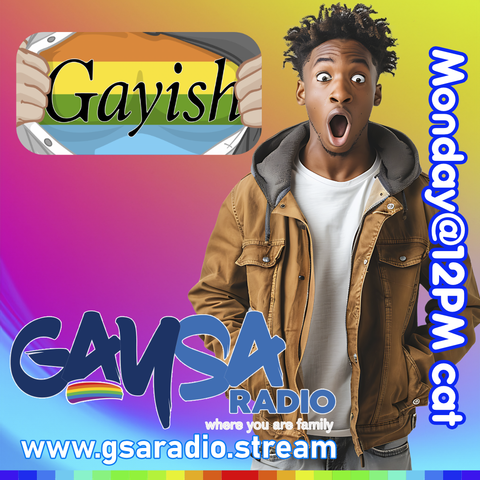I am autistic and have other disabilities. And like many, life has been shaped by exclusion, by being told I had to prove my worth and being treated as if my differences were flaws. That is why Donald Trump’s recent claim has cut so deeply. He said that autism could be prevented if mothers avoided paracetamol in pregnancy.
This is not true, and there is no credible scientific evidence that paracetamol causes autism. In Australia, the Therapeutic Goods Administration has said paracetamol is safe in pregnancy when used correctly. Autism Awareness Australia has stated there is no single cause of autism, and the Queensland Brain Institute has explained that autism arises from a complex mix of genetics and environment, not from one factor or one drug. These are facts.
What disturbs me most is the falsehood and the message underneath it. It suggests autistic people are broken and need fixing. It says our lives should have been avoided. This reflects the medical model of disability at its harshest: treating people as conditions, as deficits, as problems to be eliminated. I have lived with that view pressed on me from many directions. In classrooms where teachers assumed I could not learn. In communities that treated access as optional. In workplaces that demanded I change rather than the environment. These words from Trump echo every time I was told that I was less.
When I think of these remarks, I think of autistic children who will grow up hearing that they should not exist. I think of parents who will carry guilt, believing they did something wrong. I think of how easily this same logic spreads to every disability. If autism can be framed as awful, so can blindness, deafness, mobility impairments, or mental illness. This is the danger.
These ideas do not stay in speeches. They shape policies, schools, healthcare, and workplaces. They decide whether disabled people are offered jobs or whether society sees us as worth investing in. If disability is framed as a burden, exclusion is normalised. If it is framed as a tragedy, pity replaces equality. If it is framed as preventable, our very existence is questioned.
I want to say clearly that autism is not a disease and does not need to be cured. Autism is part of human diversity. Autistic people bring creativity, honesty, focus, persistence, depth, and community. We are musicians, writers, carers, scientists, leaders, neighbours, friends. Our lives are meaningful. Our contributions are real. We are not mistakes.
In fact, the autistic scholar Dr Damian Milton speaks of the “double empathy problem,” which reframes autism not as a lack, but as a difference in communication between autistic and non-autistic people. Autism is not the absence of humanity, but a different way of being human. That reframing is what society needs, not rhetoric that blames mothers or devalues children.
I also know this is not only about the United States. Here in Australia, we face our own battles with underfunded systems, with access treated as optional, with stereotypes that devalue our lives. Harmful ideas spread quickly across borders, and when a leader with influence speaks them, they ripple out everywhere.
So let us be clear. Autism cannot be prevented by avoiding paracetamol. What must be prevented is the harm caused by words that tell disabled people they are less. We deserve respect, dignity, access, and a fulfilling life. That is not optional. That is not negotiable.
To every autistic person: you are not broken. You are not a problem. You are worthy as you are. To parents: do not carry guilt. Carry pride in your children and the richness they bring.
We must confront misinformation. We must resist the medical model when it reduces us to conditions. We must insist on the truth: barriers come not from our neurology or bodies, but from inaccessible environments and prejudice. Autism is not something to be eliminated. It is something to be understood, respected, and embraced.
#AutismAcceptance #DisabilityRights #Neurodiversity #ActuallyAutistic #DisabledAndProud #RespectDignityAccess #NothingAboutUsWithoutUs #StopAbleism #InclusionMatters #HumanRights
